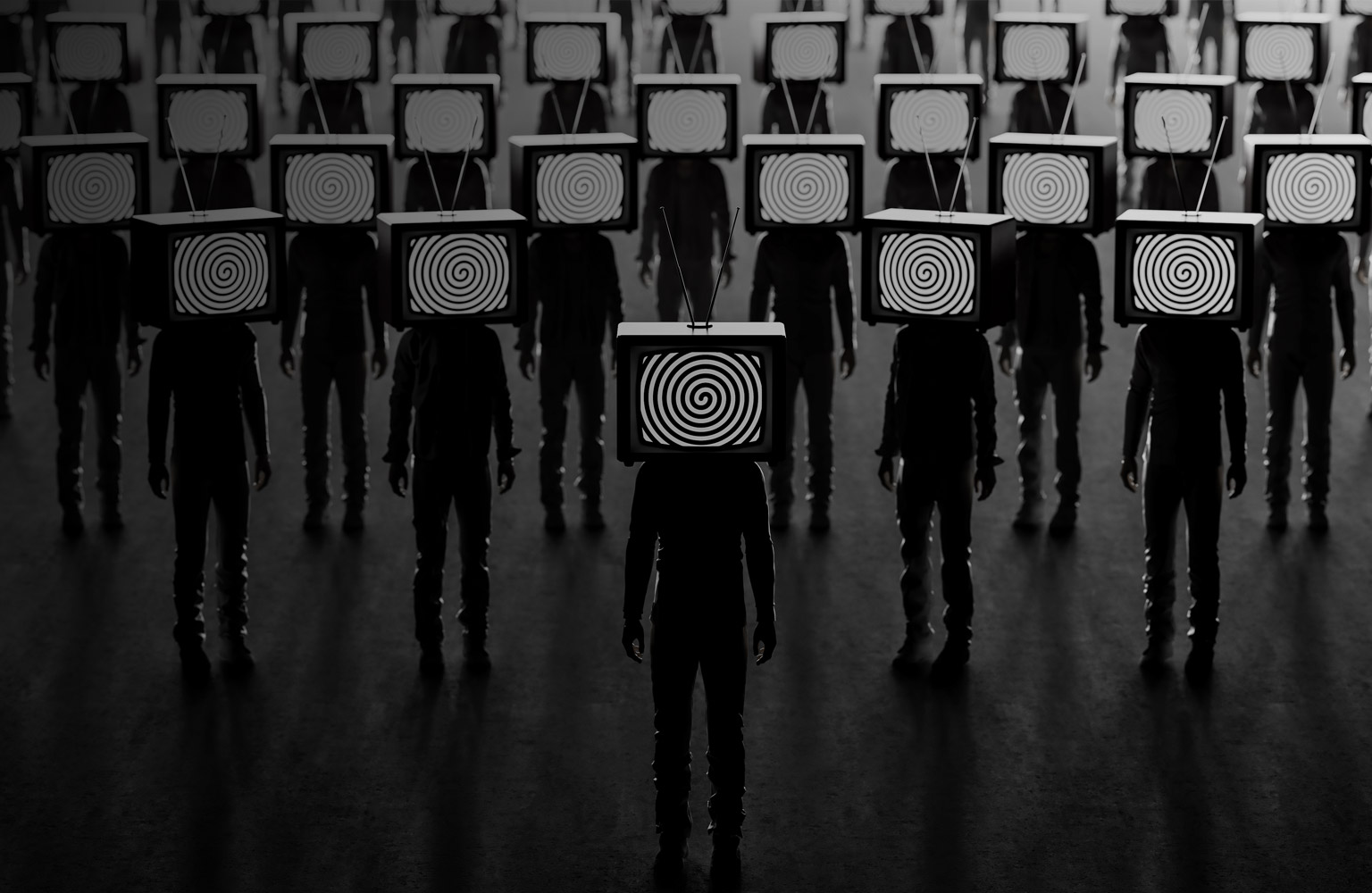Spotlight on for the legalisation of cannabis in Germany. Part of a utopia for some, it remains controversial for others. Not everyone is convinced that the plant, which has long since gone mainstream, should be granted the legal right to exist. The portrayal of cannabis in the media is therefore a one-sided affair. Not infrequently a one-sided one. Based on the draft law presented by Health Minister Prof. Dr. Karl Lauterbach in April, a German private TV channel devoted two evenings in a row to the topic of marijuana. We were eagerly awaiting the whole thing… and are still asking ourselves what exactly it is about fair journalism in Germany. But let’s see what we saw.
With the circulated bill for the legalisation of weed, it was “Clear the ring” for a wild show of arguments. If you didn’t know that we were talking about a plant that doctors have been able to prescribe for medical purposes in Germany since 2017 as part of various therapies, some press releases might leave us with the idea it is about an as yet unexplored heavy drug. But it is not. It is about a plant whose possible positive effects on well-being have now been proven in more than one study. Research into cannabis is being carried out in large amounts in Israel in particular, because there seem to be some countries that are taking a progressive approach to an unstoppable trend. A trend that is much more than that. In Germany, nevertheless, people seem to keep going in circles with arguments older than our ancestors. Somehow like where there is a will, there is no way.
And why then create a media representation, far away from outdated stigmas, when a little dramaturgy can be so interesting. Well… Welcome to 2023. Here speaks your audience. It is certainly not only in the interest of the Minister of Health that Germany could play a pioneering role in Europe in the event of legalisation, instead of letting adapted, socially appropriate laws just blow away in the wind. But if we were to leave our opinion-forming entirely without questioning the reports on TV, we might would not exactly know where we stand, in the best case not in the front row at “Fernsehgarten”.
A look into various scenarios of Cannabis legalisation around the world
Our TV marathon started with a reportage that gave insight into the handling of cannabis in different places around the globe. Starting with a farm for the cultivation of the plant in Germany, where every step of the growing process is subject to the strictest safety precautions, the journey continued to what is still the land of milk and honey for marijuana consumers: Amsterdam. “Dream of Amsterdam that took hope…” Sung as a German hit song, the dream burst in the bubble of a mafia paradise.
The partial legalisation of cannabis and the accompanying coffee shops have led to the black market being fed consumers on a huge scale. And why? Selling to coffee shop customers is absolutely legal. But buying the necessary flowers is not. Because the procurement of legal forms of cultivation has been left out of the equation. Slim Legalisation. Shady Outcome. So the owners run their business legally, but have to obtain their goods illegally via the black market. And after more than 40 years, this has led to cartel-like conditions prevailing in Holland at the moment. Hence now a model project, quite similar to the one planned in Germany, in which selected municipalities control both cultivation and distribution is planned as part of a considered change that has to come. Excerpts from the neighbouring country end, among other things, with the quote from Paul Depla, mayor of the city of Breda: “Do the legalisation in one step. Otherwise you will eventually have the same problems as us.”
Pretty fair. Also the account of Thailand’s scenario. There, after the pandemic, cannabis was thought of as a tourist attraction and decriminalisation was released in the shortest possible way. The result is a jungle of regulations where no one really knows what is allowed, not allowed or simply absurd. A policeman gives insights into his new life as a cannabis club owner and we quickly come to understand that the change in the law is somehow not necessarily recommendable without a functioning guiding system.
The booming weed business in America and its struggles
On the other side of the globe, we meet Ali Jamalian, who went from being an illegal weed dealer to a successful millionaire thanks to the legalisation of cannabis in 23 states by now in the USA. And because the booming business is no secret, he reports on the increasing number of burglaries in cannabis shops. Since banks do not yet allow the business with the popular plant to be transacted, worthwhile sums of cash accumulate and become an inevitable attraction for robberies. But this is not the fault of cannabis, but of the lack of framework conditions. But it also is a fact that since legalisation, a slump in the black market of about 25 percent has been recorded. In Canada, the figure is as high as 70 percent. And it is and has been presented as exactly as positive as it sounds.
Fair play. Like pretty much everything in Jenke von Wilmsdorff’s report. Critical but fact-oriented, he brought a topic that concerns us on a daily basis to a broad audience. The fascinating thing about opinions is that there are so many different ones, and finding out about them is the most interesting part of reporting for us.
The questionable presentation of Cannabis
And that is exactly what we missed the following evening. In the context of a weekly journal by two presenters, we were back to the thought of cannabis being a demonised drug. Not only the handling of the word as such was irritating from the beginning, but also the introduction to the topic. Whether legalisation and the associated introduction of cannabis clubs should be safe space or rather a black market paradise for drugs and weapons. This was investigated with hidden cameras in Spain´s gem Barcelona. That in itself is a rather one-sided view of a far too complex issue. Cannabis associations are the places of distribution of marijuana that are to be created in Germany as part of the first pillar of legalisation. Such an association cannot have any income. There will be strict supervision.
Social clubs – there are 214 registered in Catalonia’s capital Barcelona – are the counterpart to the planned clubs in Germany. There is a small, subtle difference: in Germany, they are to serve the sole purpose of procurement, but there will not be the possibility to consume inside them. For example, it was stated that it was not known whether one could also smoke weed in a club visited in Barcelona. With the intention of reporting, this was supposed to be part of previous research, wasn’t it?
Spain and the trouble of partial decriminalization of Cannabis
We also missed the explanation why in Spain, too, it is only possible to obtain it on the black market. It would be somehow legitimate to point out that the regulations do not allow for a legal procurement channel here either. Or is it just us missing the less dark side of the moon? The tone makes the music. And this vehemently gave the impression that cannabis is to be equated with strong narcotics, without the necessary aspect of differentiation. But the aim of legalization is precisely to create a market that is regulated. Young people are denied access and prevention instead of ignorance ensures responsible use.
So part of a utopia for us is not only legalization but also fair reporting on cannabis. And unfortunately, this is still not a matter of course. The critical view is indispensable, because there are definitely aspects that need regulation and of course, certain concerns are more than justified. But just like all the facts that globally lead to cannabis being legalized in more and more countries.
You love to entertain us… we love to be fair.
Photo: Branko Devic / Shutterstock



